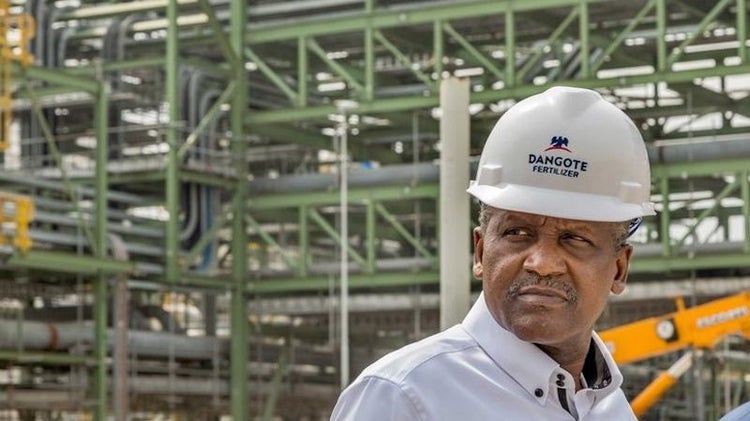Recently, the Nigerian National Petroleum Company Limited (NNPCL) increased the price of petrol by 11 per cent, marking the second hike in two weeks. This development, which comes just a day after NNPCL started purchasing fuel from the Dangote Refinery outside Lagos, raises critical concerns. This new chapter was supposed to bring relief to a country that has long struggled with fuel imports and a reliance on government subsidies. Instead, Nigerians are bracing for even harder times.
The Dangote refinery, expected to produce 650,000 barrels per day, was seen as a potential game-changer, finally positioning Nigeria to end its decades-long reliance on expensive fuel imports. The public hoped that this would translate into lower fuel costs, particularly after President Bola Tinubu removed the long-standing fuel subsidy last year. Unfortunately, the opposite seems to be happening.
Fuel prices have skyrocketed, with petrol now costing between 950 and 1,019 naira per litre, depending on the region. This increase comes as Nigerians are already struggling with inflation at 33.4 per cent, which led to the protests in August because of frustration felt by millions of citizens. With transport costs rising and the majority of Nigerians relying on petrol-powered generators due to unreliable electricity, the new fuel prices threaten to exacerbate an already dire cost-of-living crisis.
Why is petrol more expensive now, despite local production from the Dangote refinery? Before, when Nigeria relied heavily on imports, prices were lower. Now, with the promise of local refining, Nigerians are paying more than ever. This only deepens the public’s distrust of NNPCL and government economic policies.
Dangote’s recent statement clarifies a key point of contention: the refinery is currently selling its petrol to NNPCL in U.S. dollars, not in naira, which has complicated the pricing structure. The use of dollars for a domestic transaction in a country where naira is the legal tender is not so good. If the naira continues to weaken, as it has, future fuel prices could soar even higher. For ordinary Nigerians, this spells more financial hardship.
At the core of this issue is the Nigerian people, who continue to bear the poorly executed policies and economic mismanagement. The government, along with NNPC, must urgently address this crisis. Lowering fuel prices and ensuring transparency in the pricing structure should be a top priority. If nothing is done, the hardship faced by Nigerians will continue to worsen, and any hope of economic recovery will remain a distant dream.



